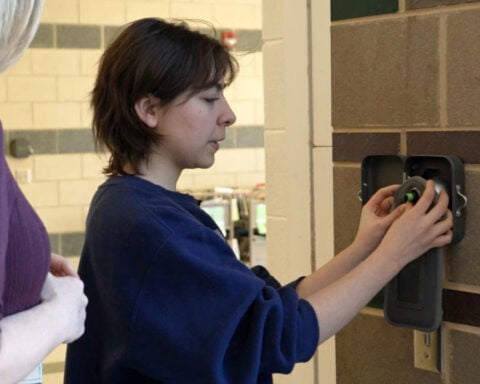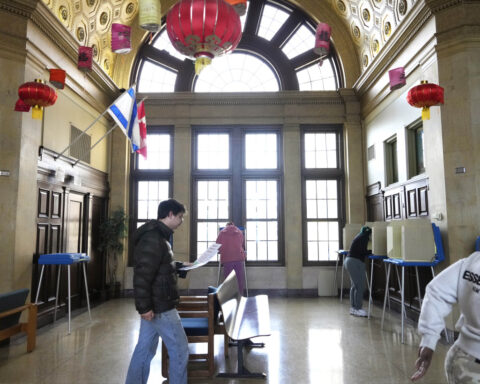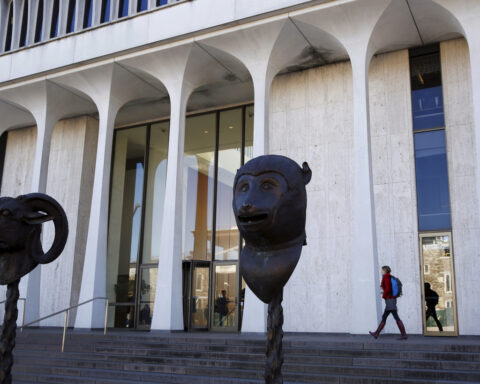As the new school year begins, parents and teachers continue to address the pandemic's long-term impact on' kids’ academic, mental, and social-emotional well-being. The lingering question on everyone’s mind is, "Are the kids OK?" The answer is complicated, including problems and accomplishments.
Academic Recovery: A Roadmap to Catching Up
Academic recovery has no single or universal solution as each student has experienced varying degrees of learning and educators are still in the process of understanding the specific needs of each student.
The leader of the UCLA Center for the Transformation of Schools, Joseph Bishop, acknowledges that we are still playing catch-up and trying to comprehend the extent of students' needs. In some cases, students have fallen behind in important skills due to the disruption caused by the pandemic.
California's standardized test scores reveal a decline in academic performance. Less than 50% of the students were reported to have met or exceeded the English and language arts goals. That means 4% fewer kids than the year before, The loss in math ability was even more pronounced, with only one-third of kids performing at or above expectations. Although facing these obstacles, we have seen progress and advancements. The Los Angeles Unified School District (LAUSD) counted an increase = in eighth-grade reading abilities, demonstrating the possibility for improvement. It’s also crucial to acknowledge these minor triumphs and offer [positive reinforcement to help enable students to expand upon their acquired knowledge.
The Importance of Mental Health: Nurturing Emotional Well-being
Alongside academic recovery, students' mental health has become a primary area of focus and attention Even prior to the pandemic, there was a concerning increase in young people experiencing feelings o, hopelessness, sadness and even suicidal ideation. The isolation and disruption caused by COVID-19 heightened and further exacerbated these challenges.
According to a report done by The Centers for Disease Control and Prevention (CDC), between 2009 and 2019, persistent depressive or hopeless feelings increased by 40%. Taking care of students' mental health requires a comprehensive approach that goes beyond academic support, so it's imperative to establish a secure and encouraging atmosphere where students feel acknowledged and appreciated. Educational institutions can introduce measures like counseling services, peer support initiatives, and mental health education to assist students in managing their emotions effectively.
To tackle chronic absenteeism, schools and communities must collaborate to create solutions. Efforts to assist students in catching up academically have demonstrated potential through approaches like individualized tutoring and extending the academic year. However, implementing these strategies necessitates sufficient resources and careful long-term planning. It is important to acknowledge that catching up academically can't be accomplished solely through short-term interventions but rather through sustained efforts over multiple school years.
Parents and educators have a crucial part to play in providing support for students' academic pursuits. Building strong relationships with teachers and actively engaging in their child's learning journey can significantly impact academic success. Regular communication, asking questions about progress, and reinforcing learning at home are effective ways to support students.
Seeking Help Beyond the Classroom
Academic recovery and mental health support extend beyond the confines of the school. Parents who seek additional resources, community-based groups and after school programs such as summer school, often observe positive outcomes.
It’s important to bridge the gap between schools, families, and community resources as it encourages students to ask for and receive the necessary support. Teachers and faculty can contribute by providing families with resources, socialization programs, and other support networks. By fostering strong partnerships, we can create a holistic support system for students.
The Road Ahead
For students, the road to recovery is a lengthy one with many twists and turns, as we navigate the challenges posed by the pandemic. Collectively, we can build an inclusive and encouraging learning environment that gives each student the tools they need to succeed by identifying and attending to their individual needs.

 Trump has begun another trade war. Here's a timeline of how we got here
Trump has begun another trade war. Here's a timeline of how we got here
 Canada's leader laments lost friendship with US in town that sheltered stranded Americans after 9/11
Canada's leader laments lost friendship with US in town that sheltered stranded Americans after 9/11
 Chinese EV giant BYD's fourth-quarter profit leaps 73%
Chinese EV giant BYD's fourth-quarter profit leaps 73%
 You're an American in another land? Prepare to talk about the why and how of Trump 2.0
You're an American in another land? Prepare to talk about the why and how of Trump 2.0
 Chalk talk: Star power, top teams and No. 5 seeds headline the women's March Madness Sweet 16
Chalk talk: Star power, top teams and No. 5 seeds headline the women's March Madness Sweet 16
 Purdue returns to Sweet 16 with 76-62 win over McNeese in March Madness
Purdue returns to Sweet 16 with 76-62 win over McNeese in March Madness








